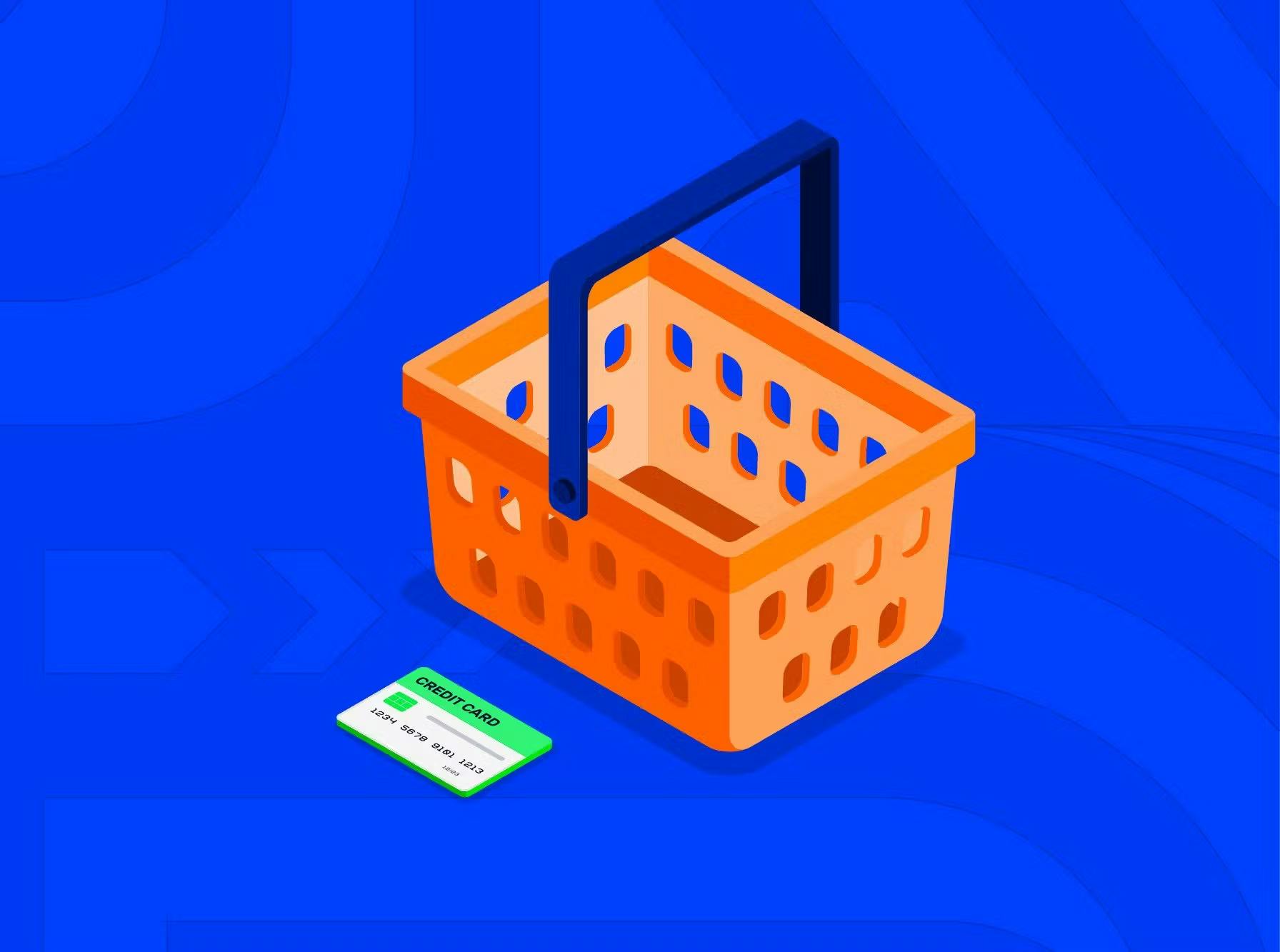Efficient integration comes with its set of challenges, understanding and overcoming of which is crucial for a smooth payment experience. Here are some of the challenges in payment integration these days:
- Risk of fraudulent actions. Payment processors focus on security features. Since online and mobile payments are popular, they must innovate to keep up with new risks and prevent fraud.
- Regulation. Payment processing solution providers confront several regulatory obstacles. These include the need to invest in compliance procedures, adopt new technology, and collaborate with regulators, which can help them manage the complicated regulatory landscape. Companies must also follow various rules, including Know Your Customer (KYC) and Anti-Money Laundering (AML) laws.
- Adaptation. Consumers choose convenient payment methods that are simple and need little effort. Payment processing companies must provide efficient ways for payment.
- Data fragmentation. It is complex to integrate many payment platforms and systems. Payment information circulates across many sources, formats, and standards, making it more difficult to combine and check.
Online payments enable businesses to compete in global markets. Customers can pay in their native currencies and select from several payment options. Multi-currency, cross-border transactions may require the establishment of extra bank accounts. Corporate organizations and regulatory barriers in each national market also affect online payments.
Choosing a payment service provider with the necessary infrastructure can solve these problems. Merchants can accept payment in one currency and credit their accounts in the chosen currency.
A solution is to collect, normalize, and merge your payment data in a single area. It can be a data warehouse or a cloud-based platform. It allows you to access and query your data independently of the source or system.
The process of integrating multiple payment methods into a system has complexities. One major hurdle is ensuring compatibility among different payment systems. System interoperability is crucial for a seamless transaction experience. It can be challenging to achieve it. This is due to the diverse technologies of payment service providers.
Another challenge lies in devising effective integration strategies. They can accommodate different payment methods. The need for cross-platform compatibility adds a layer of complexity. Businesses aim to cater to users on various devices and operating systems.
API integration emerges as a key factor in overcoming these challenges. Businesses must select the right APIs to ensure they work with different payment systems and for a smooth integration process. They must also consider the gateway selection to ensure compatibility and reliability.
Compatibility Issues
Ensuring compatibility among various payment methods and systems can be daunting. The diversity of options may lead to technical discrepancies, which can hinder the integration process.
System Interoperability
The intricate dance of various systems necessitates a high degree of system interoperability. Bridging the gap between different technologies becomes crucial for a cohesive payment ecosystem.
Gateway Selection Issues
Choosing the right payment gateway is crucial in selecting the transaction system. Gateway selection challenges often revolve around balancing functionality, security, and cost-effectiveness. There are several benefits to having multiple payment gateways for your online business:
- Hassle-free money transfers. As a business, you only want the most convenient checkout procedure possible, and multiple payment gateways provide the solution.
- Satisfaction of customers. Having many gateways allows you to personalize how clients pay. Integrations with hosted payment gateways are also worth considering.



 Most Popular Payment Methods in the World: Analysis by Markets
Most Popular Payment Methods in the World: Analysis by Markets How to Increase Conversions in an Online Store with a Checkout Page
How to Increase Conversions in an Online Store with a Checkout Page How Tranzzo Simplified the Payment Process for Tickets.ua
How Tranzzo Simplified the Payment Process for Tickets.ua Integrating Multiple Payment Methods: Challenges and Solutions
Integrating Multiple Payment Methods: Challenges and Solutions Abandoned Shopping Carts: Why Businesses Lose Revenue and How to Increase the Number of Successful Payments
Abandoned Shopping Carts: Why Businesses Lose Revenue and How to Increase the Number of Successful Payments

